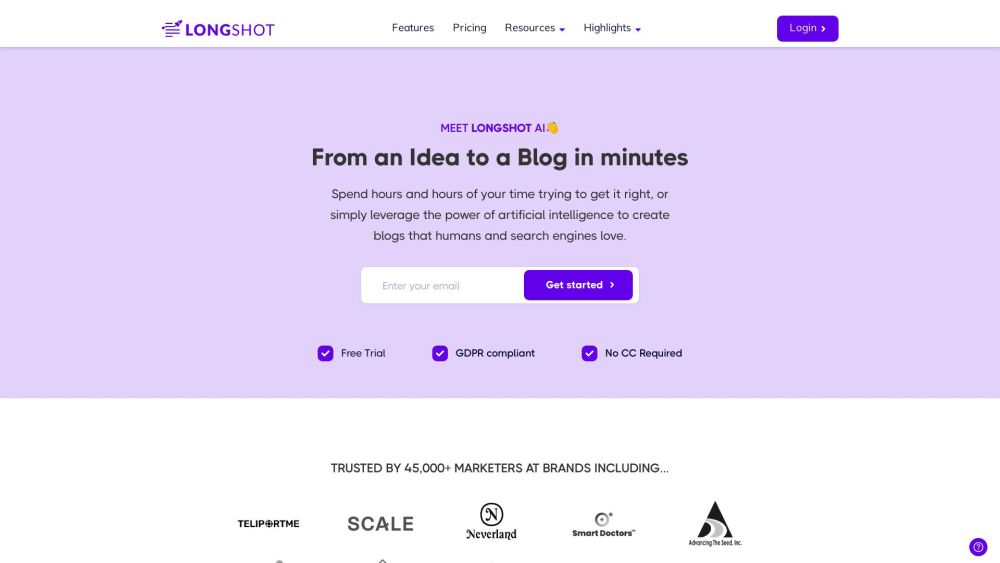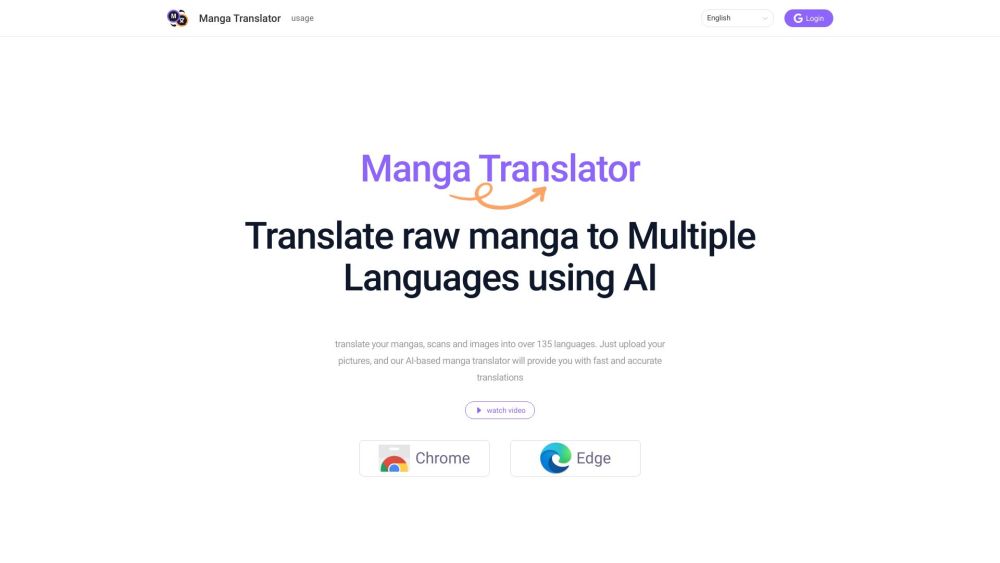Facebook and Venmo Urge Clearview AI to Cease Data Scraping Activities
Most people like

LongShot is a powerful content generation tool specifically engineered to produce high-quality, factually accurate articles that are optimized for search engines. With its advanced features, LongShot helps you create engaging content that stands out in search results.

In today's competitive landscape, having a well-structured business plan is crucial for success. Our AI-driven platform provides tailored business plans that meet your unique needs and objectives. With advanced algorithms and expert insights, we ensure that every plan is not only customized but also strategically aligned with your vision and market demands. Experience the convenience and effectiveness of our personalized planning solutions designed for entrepreneurs and businesses of all sizes.

AI technology analyzes and simplifies legal documents, enhancing their clarity and accessibility for users.

Are you a manga enthusiast eager to read stories that haven’t yet been translated into your language? Introducing the AI Manga Translation Extension—a cutting-edge solution designed to bridge language barriers and enhance your reading experience. With powerful artificial intelligence capabilities, this extension translates manga panels in real time, allowing you to immerse yourself in a world of fantasy and adventure without waiting for official translations. Say goodbye to linguistic limitations and discover new titles effortlessly with our user-friendly tool, crafted for both casual readers and dedicated fans. Dive into the vibrant universe of manga today, where every panel comes alive in your language!
Find AI tools in YBX

